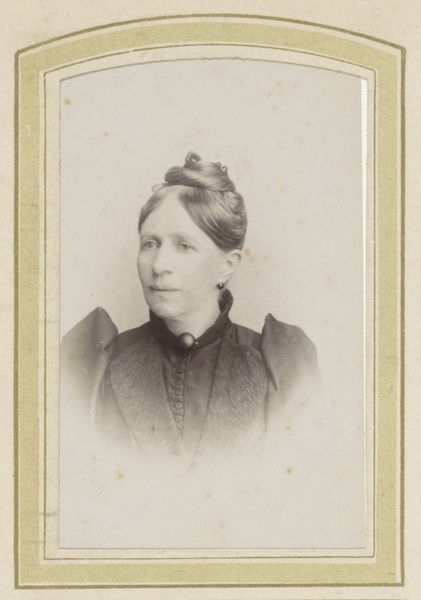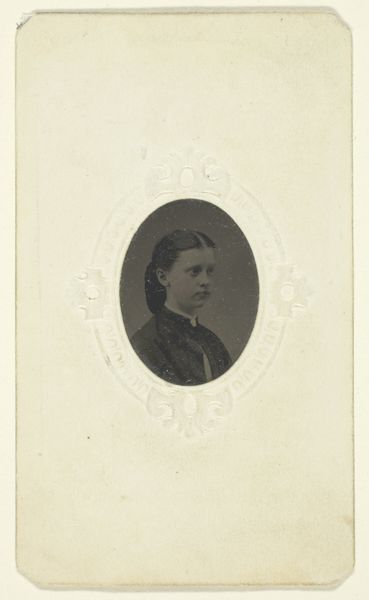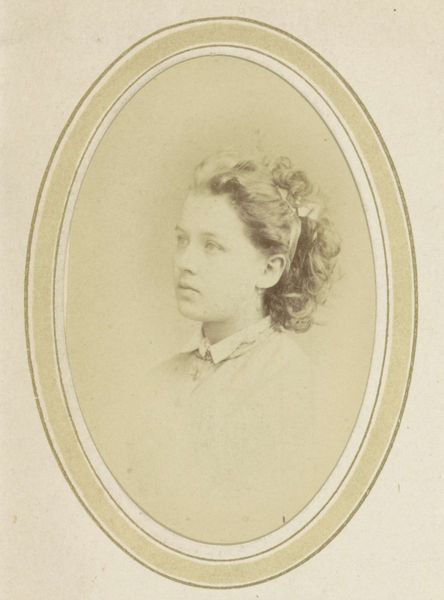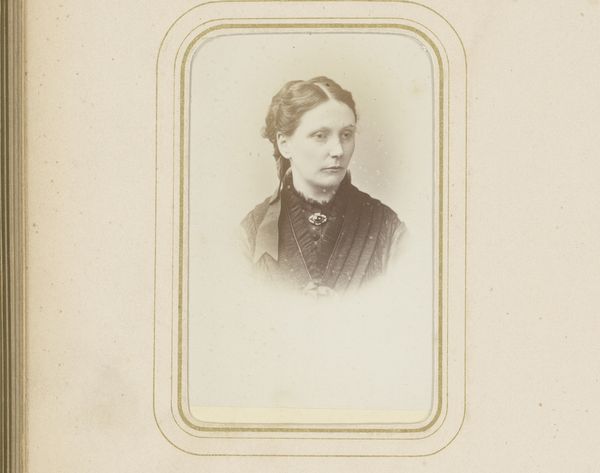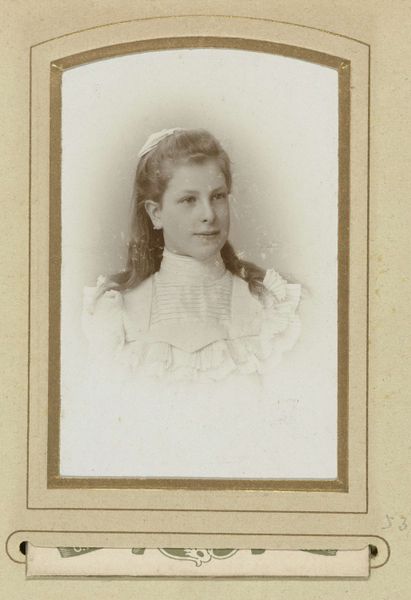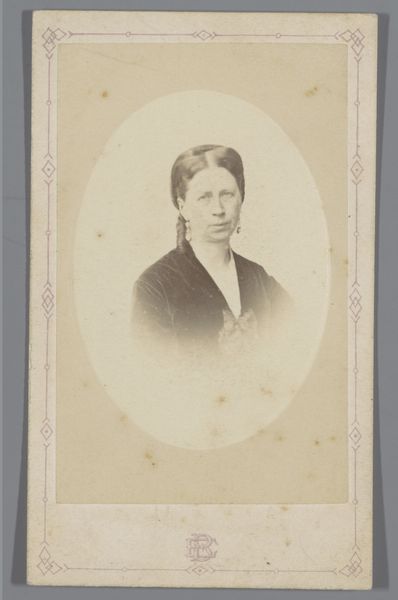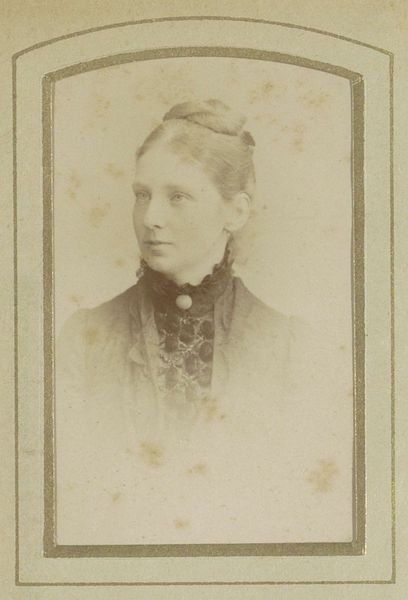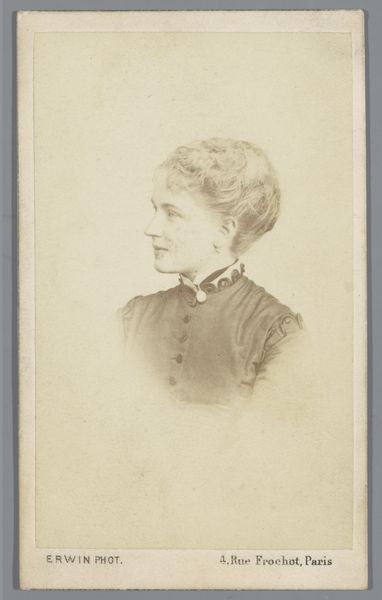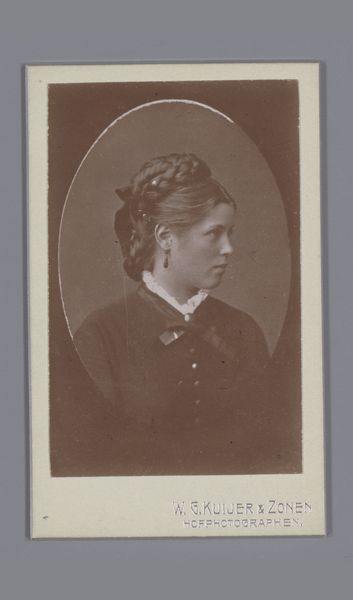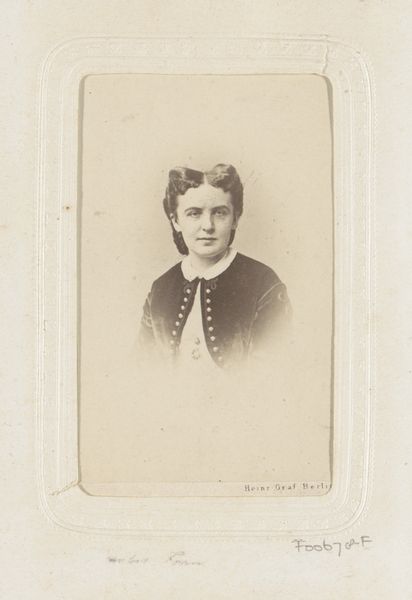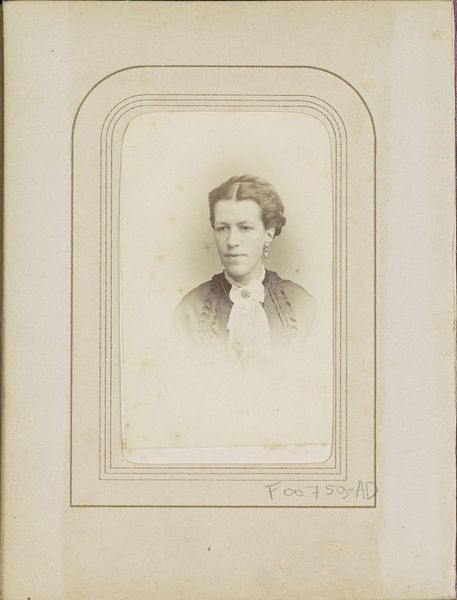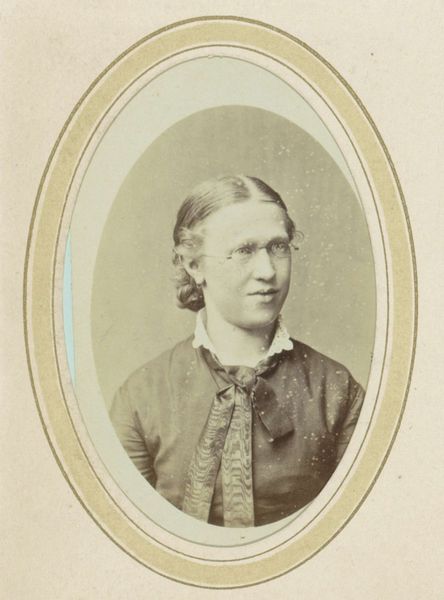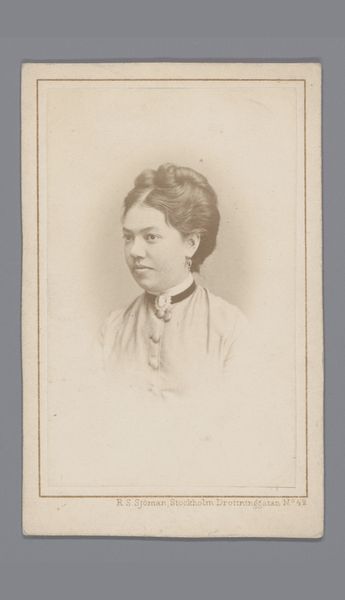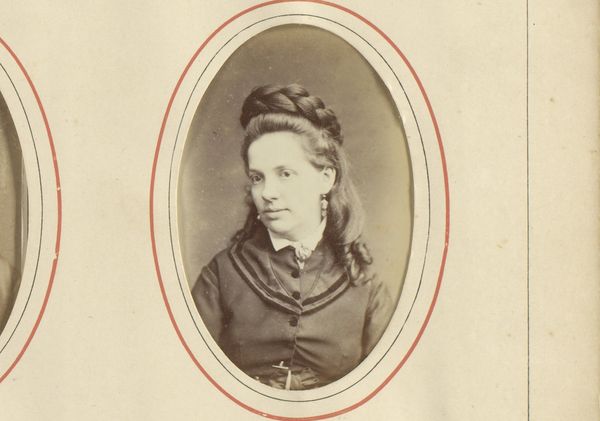
drawing, print, graphite
#
portrait
#
drawing
#
16_19th-century
# print
#
pencil drawing
#
graphite
#
portrait drawing
#
realism
Dimensions: height 225 mm, width 163 mm
Copyright: Rijks Museum: Open Domain
Dirk Jurriaan Sluyter made this portrait of Johanna Jacoba Heijse using lithography. The lithographic process involves drawing on a flat stone or metal plate with a greasy substance, then applying ink which adheres only to the drawn areas. Looking at the image, you can see how this method allows for the creation of fine lines and subtle gradations of tone, lending itself well to portraiture. The texture is smooth, with delicate details achieved through careful rendering of light and shadow. Consider the labor involved in creating this image - the skilled hand of the artist meticulously working to capture Heijse's likeness. During the 19th century, lithography played a crucial role in the mass production of images, making art more accessible to a wider audience. This challenges traditional notions of high art, blurring the lines between fine art and craft as it served both artistic and commercial purposes. Appreciating the materials, the making, and the context helps us understand its full meaning and significance.
Comments
No comments
Be the first to comment and join the conversation on the ultimate creative platform.
